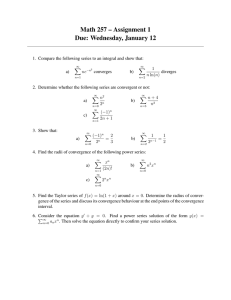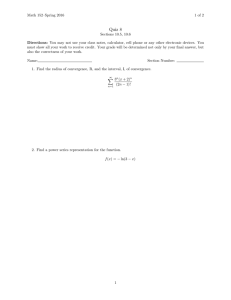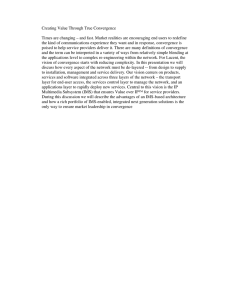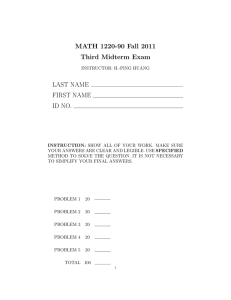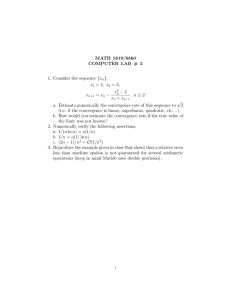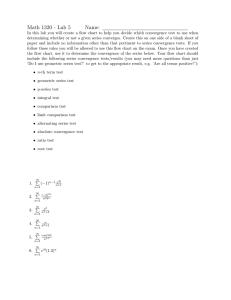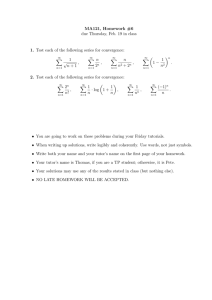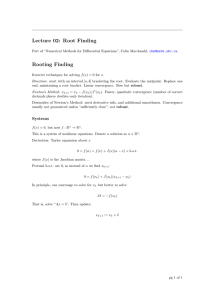Proceedings of European Business Research Conference
advertisement
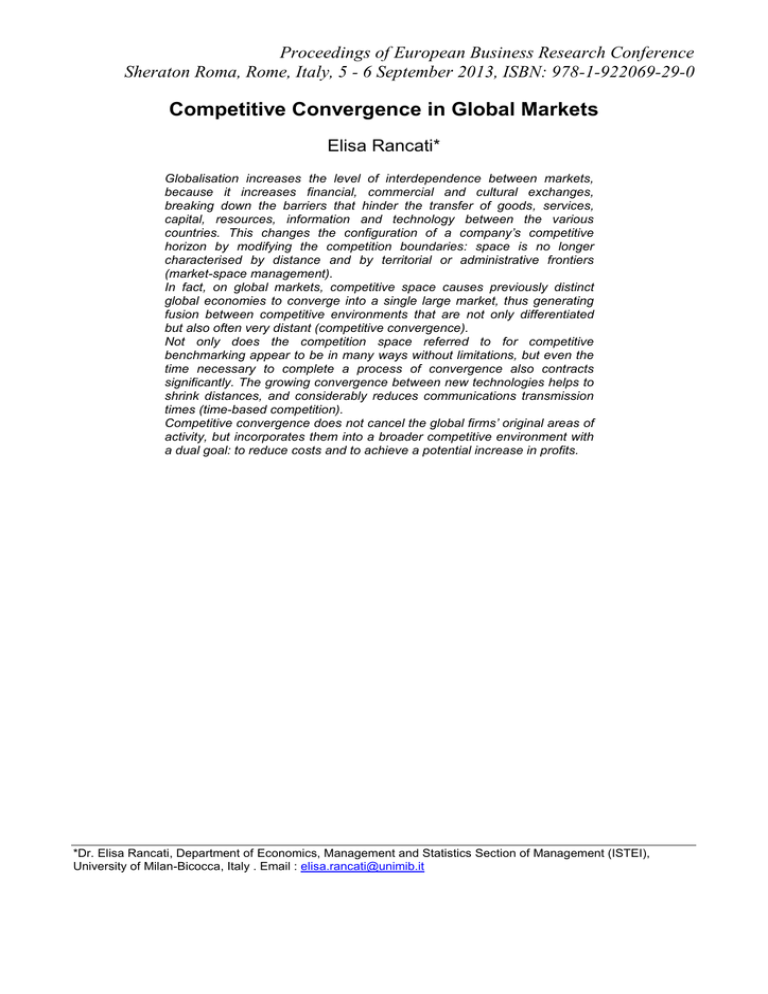
Proceedings of European Business Research Conference Sheraton Roma, Rome, Italy, 5 - 6 September 2013, ISBN: 978-1-922069-29-0 Competitive Convergence in Global Markets Elisa Rancati* Globalisation increases the level of interdependence between markets, because it increases financial, commercial and cultural exchanges, breaking down the barriers that hinder the transfer of goods, services, capital, resources, information and technology between the various countries. This changes the configuration of a company’s competitive horizon by modifying the competition boundaries: space is no longer characterised by distance and by territorial or administrative frontiers (market-space management). In fact, on global markets, competitive space causes previously distinct global economies to converge into a single large market, thus generating fusion between competitive environments that are not only differentiated but also often very distant (competitive convergence). Not only does the competition space referred to for competitive benchmarking appear to be in many ways without limitations, but even the time necessary to complete a process of convergence also contracts significantly. The growing convergence between new technologies helps to shrink distances, and considerably reduces communications transmission times (time-based competition). Competitive convergence does not cancel the global firms’ original areas of activity, but incorporates them into a broader competitive environment with a dual goal: to reduce costs and to achieve a potential increase in profits. *Dr. Elisa Rancati, Department of Economics, Management and Statistics Section of Management (ISTEI), University of Milan-Bicocca, Italy . Email : elisa.rancati@unimib.it
